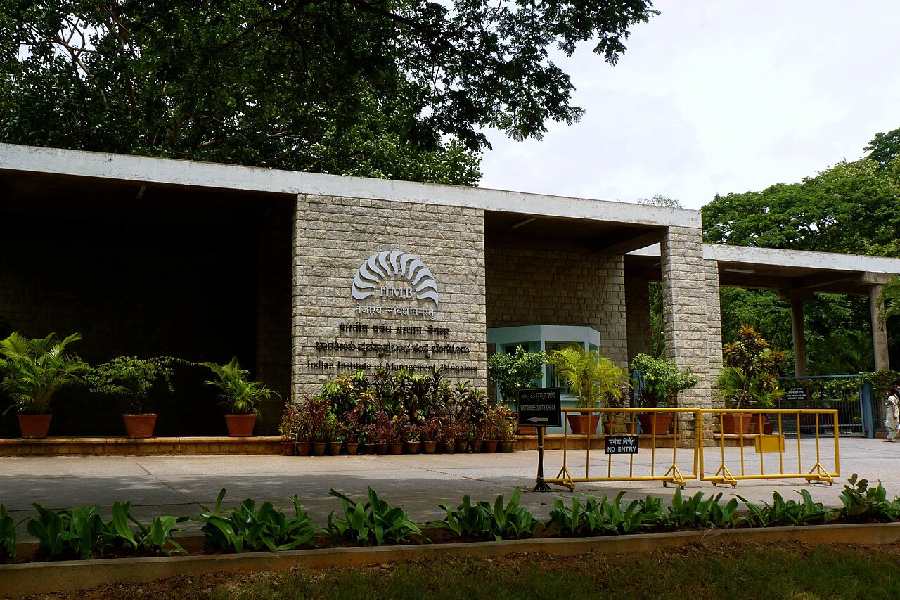Management academia's obsession with rankings contributes to imperialistic aspects of capitalism, particularly in the Global South, and reinforces condemnable scholarly practices, according to a research by faculty members from IIM Lucknow, IIM Calcutta, and IIT Delhi.
The research published in the journal "Management Learning" argues that the pursuit of globally ranked excellence is at the core of contemporary management education, often at the expense of generating knowledge that is significant and pertinent to the society.
"Indian management institutes attempt to create an 'Indian' identity internationally while simultaneously seeking global recognition through rankings. This obsession with rankings results in a series of academic challenges," Priyanshu Gupta, assistant professor of business sustainability, IIM Lucknow, said.
The researchers argued that rankings create an artificial scarcity of excellence, focusing only on elite institutions, while ignoring the need for stronger academic infrastructure across thousands of higher education institutes in the country.
"The pressure to publish in high-impact journals has also led to a proliferation of predatory research practices, along with an increasing tendency for Indian scholars to mimic Western academic frameworks, instead of focusing on the pressing contextual issues.
"Academic research is built on voluntary labour, with scholars spending unpaid hours writing, reviewing and editing for corporate publishing houses that make massive profits while the faculty members increasingly struggle with job insecurity," Gupta said.
The research was conducted after the faculty noticed a troubling pattern in everyday conversations among academics, he said.
"We no longer talk about what we are working on but about the ranked journal where our work is getting published. And we noted that this often detracts the question of whether the work itself is important for our society, to a question of whether it can get published in top journals," Gupta said.
The research recommends a shift in management education, advocating for scholars to challenge rigid academic norms, reject ranking-driven pressures, and focus on producing contextually relevant and impactful research.
Except for the headline, this story has not been edited by The Telegraph Online staff and has been published from a syndicated feed.











